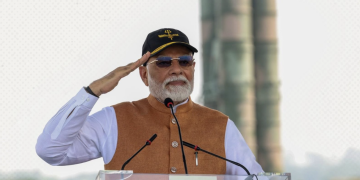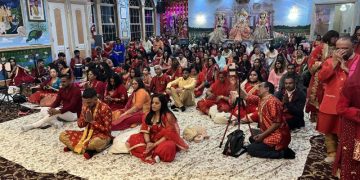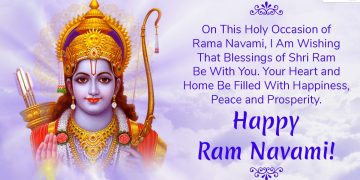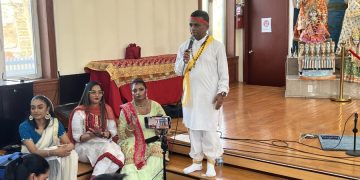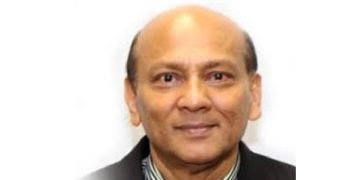Hinduism, Hindutva, or Sanatan Dharma, the eternal path, is the way forward for the digital age. It has inbuilt blockchain security that denies any individual or group the chance to hack into it. It is such a decentralized way of life that gives each adherent has an identity of his/her own. Group loyalty is alien to a Hindu as his relationship with his God is personal and secured and not dependent on a majority.
Hindu society has strong social constraints such as the duty to parents, family, and community. In India, jati (caste) is a social group that ensures social belonging and identity. For example, the film fraternity is an example of a jati with children following the footsteps of their parents and marriages taking place within the fraternity.
The Prithviraj-Rajkapoor clan has confined their social identity to the film industry where numerous years of experience can be used to further the wellbeing of the clan. This clan has expanded over the years and included distinguished actors such as Prem Chopra, Raj, Shami and Shashi Kapoor, their children and spouses and now their grandchildren.
However, when it comes to spiritual identity, such social restrictions of family, class, and class must be renounced. No one in India questions the manner of dress of anyone. In fact, there is no national dress in India or national festival. The sari and the dhoti are popular traditional wear but they are not declared national clothing.
Similarly, the festivals of India vary from state to state. Also, the gods and goddesses worshipped vary from family to family, community, and state. For example, the Rama of Ajodhya, while respected by all Hindus, is mainly worshipped in north India while Goddess Durga/ Maha Kali is a Bengali deity. While Ganapathi is invoked to remove obstacles, the Ganapathi festival is mainly a Maharashtra festival. In southern India, there are deities and gods worshipped that are alien to Hindus in northern India.
Islam, however, has confined its followers to believe in five principles: Shahada-there is no other god but Allah and Muhammad is his messenger; Salat-offering prayers five times every day; Zakat – giving alms; Fasting; and Hajj-pilgrimage to Mecca.
Hinduism speaks of yoga or oneness with God and no single way to achieve this realization. In the Bhagavad Gita, many pathways to the divine are outlined: Dhyana Yoga or meditation; Karma Yoga or selfless service and Bhakti Yoga or Love.
Yoga or union with the universal consciousness is the goal of Hinduism and there are numerous pathways. In Hindu society, no method of worship is ever questioned once the goal is self-realization. The seekers who live on cremation sites are also seekers of the divine and so are the nangas or naked sadhus.
Sri Krishna assured all seekers that there is merit in the path they choose to unite with their divine nature in the following words: “Howsoever men try to worship me, so I welcome them. By whatever path they travel, it leads to Me at last.” This is unlike the Abrahamic Gods that underlined that He alone is worthy of being worshiped. It is this fundamentalist and bigoted viewpoint that has motivated the saving of souls and the waging of jihad across continents.
So, the current hijab crisis in the Karnataka, India is nothing new in the minds of the adherents of Islam. They have a well-defined straight jacket approach to identity that would always find itself in conflict with anyone that differs. For example, Ahmadiyya’s declaration that Ahamed is a prophet is enough reason for the Islamic Republic of Pakistan to outlaw his followers.
The Christians are no different. If today the Christians have a less violent approach to conversion this is only on the surface. The fact remains that conversion itself is a brutal and violent act that all civilizations should be denounced.
Colonialism, the world wars, and the looting and plundering of the Americas, Asia, Africa have their genesis in the belief in a jealous god. The concept of being responsible for civilizing the world was arrogantly appropriated by the Christians. This arrogance was best captured by Rudyard Kipling who in his poem “White Man’s Burden” exhorted the United States to assume control of the Filipino people and their country in the Spanish- American War (1899-1902).
Gadgets and articles of clothing should never be allowed to form the bulwark on one’s faith. So long as such warped thinking is perpetuated, the world will not move forward in developing a more universal religion where people assume the role of seekers rather than indulging in blind belief systems and using any and all diabolical means to put in action their agenda. What is unfolding in Karnataka is a desperate effort to preserve an identity that has no place in the digital world. It is never too late to debunk irrelevant irksome contraptions that have long lost their relevance in our cyber world of blockchain technology.
































